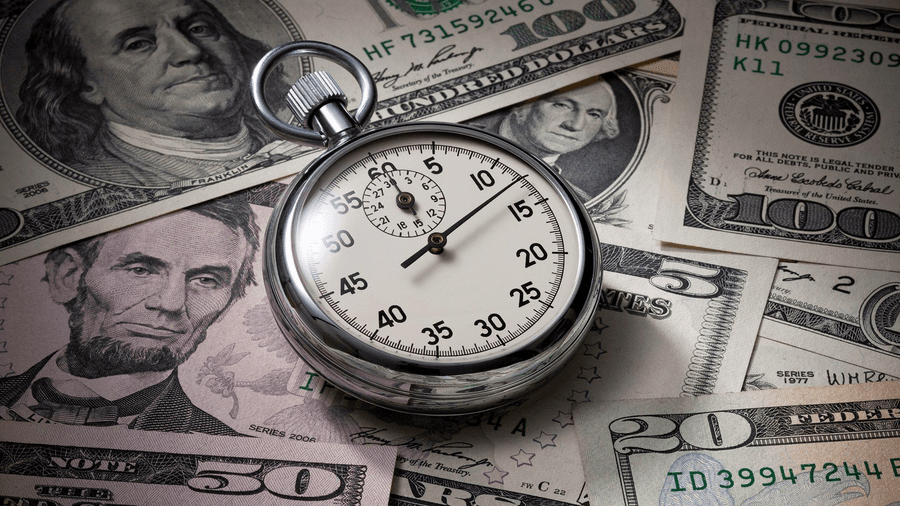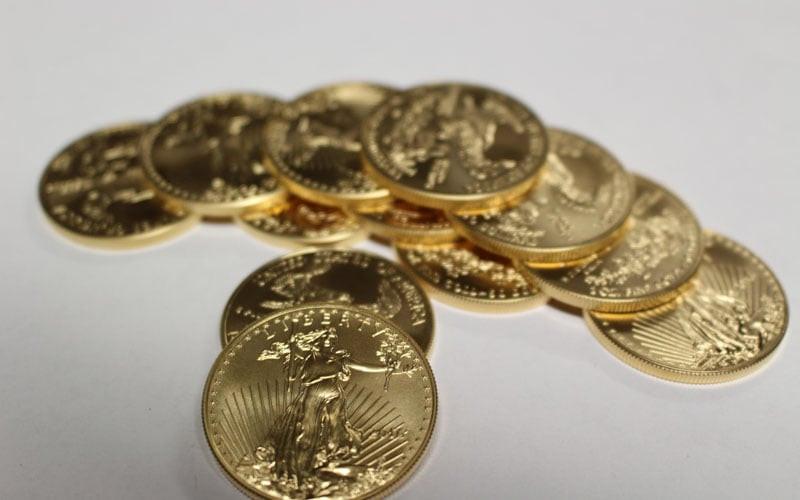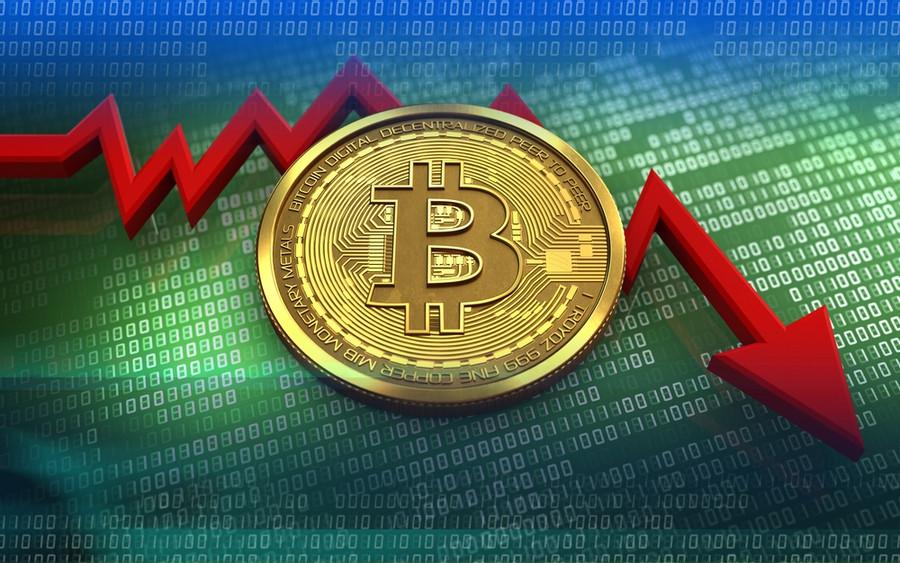Graham A.'s Key Ideas from The Bitcoin Standard
by Saifedean Ammous
Ideas, facts & insights covering these topics:
16 ideas
·12.6K reads
45
2
Explore the World's Best Ideas
Join today and uncover 100+ curated journeys from 50+ topics. Unlock access to our mobile app with extensive features.
“This is a historical lesson of immense significance and should be kept in mind by anyone who thinks his refusal of Bitcoin means he doesn't have to deal with it. History shows it is not possible to insulate yourself from the consequences of others holding money that is harder than yours.”
SAIFEDEAN AMMOUS
158
1.71K reads
The World Before Money
How did it work? It was pretty simple: people just swapped things. It worked fine, except if you didn’t have something your neighbor needed. Once people figured out you could exchange universally valued objects for goods, everything changed.
From there, we’ve gone from all kinds of currency to valuable metals, and now paper printed by governments. But since we ditched the “gold standard” of money and started relying only on easily manipulated paper money, we’ve seen a century of boom and bust and increasing debt.
157
1.28K reads
What Makes Good Currency
- What makes good currency is that it is salable or easily sold. With the technology of smelting metals, early pre-Christian civilizations could make highly salable coins that were also extremely portable.
- The preferred type of coin was gold.
- When transportation and communications boomed from the 18th to the 20th centuries, nonphysical forms of payment like paper bills and checks became justified. The way they convinced people to trust these pieces of paper was by backing them with gold.
- Britain led the way with this standard to back bills with gold, known as the “gold standard.”
153
1.14K reads
Salability
A good’s salability across time refers to its ability to hold value into the future, allowing the holder to store wealth in it. For a good to be salable across time it has to be immune to deterioration.
Similarly, with money, it was inevitable that one, or a few, goods would emerge as the main medium of exchange because the property of being exchanged easily matters the most. A medium of exchange is not acquired for its own properties, but for its salability.
Monetary status is a spontaneously emergent product of human action, not a rational product of human design.
156
965 reads
Money Backed By Gold
- Money has come in all shapes and sizes throughout history, but there’s only ever been one truly sound system: money backed by gold.
- The “gold standard” underwrote an age of prosperity and stability. That all changed in the early 20th century when European governments abandoned gold and fiscal prudence to fund their war efforts.
- The world hasn’t been the same since, and we’ve endured decades of rising debt and boom-and-bust cycles.
- Bitcoin, like gold, it’s a highly effective unit of exchange. But the digital currency will have to overcome some teething problems.
153
876 reads
The Gold Standard
- Different currencies were simply different weights of physical gold, and the exchange rate between one nation’s currency and the other was the simple conversion between different weight units, as straightforward as converting inches to centimeters.
- In the same way metric and imperial units are just a way to measure the underlying length, national currencies were just a way to measure economic value as represented in the universal store of value, gold.
- Each country’s money supply was determined by the natural working of the market system.
152
773 reads
The Flaw of The Gold Standard
The fatal flaw of the gold standard was that settlement in physical gold was heavy, expensive, and insecure, which meant it had to rely on centralizing physical gold reserves in a few locations—banks and central banks—leaving them vulnerable to being taken over by governments.
Although gold was supposedly demonetized fully in 1971, central banks continued to hold significant gold reserves, and only disposed of them slowly, before returning to buying gold in the last decade.
151
748 reads
Hard Money, Easy Money
Money whose supply is hard to increase is known as hard money (sound), while easy money is money whose supply is amenable to large increases (unsound).
- The easy money trap: anything used as a store of value will have its supply increased, and anything whose supply can be easily increased will destroy the wealth of those who used it as a store of value.
- Money that is easy to produce is no money at all, and easy money does not make a society richer; on the contrary, it makes it poorer by placing all its hard‐earned wealth for sale in exchange for something easy to produce.
157
709 reads
The Importance of Sound Money
- It protects value across time, which gives people a bigger incentive to think of their future, and lowers their time preference (this is what initiates the process of human civilization and allows for humans to cooperate, prosper, and live in peace.)
- Sound money allows for trade to be based on a stable unit of measurement, facilitating ever‐larger markets, free from government control and coercion, and with free trade comes peace and prosperity.
- A unit of account is essential for all forms of economic calculation and planning, and unsound money makes economic calculation unreliable.
151
643 reads
Time Preferences of Money
Time preference for money is an individual's preference for possession of a given amount of money now, rather than the same amount at some future time. The time preference for money is generally expressed by an interest rate. This rate will be positive even in the absence of any risk. The natural implication of this process is to reduce savings and increase borrowing.
Individuals will consume more of their income and borrow more against the future. This will not just have implications on their time preference in financial decisions; it will likely reflect on everything in their lives.
151
589 reads
Consumption Is Key
The 20 century’s binge on conspicuous consumption cannot be understood separately from the destruction of sound money and the outbreak of vilifying savings and deifying consumption as the key to economic prosperity.
- The reduced incentive to save is mirrored with an increased incentive to spend, and with interest rates regularly manipulated downwards and banks able to issue more credit than ever, lending stopped being restricted to investment but has moved on to consumption.
- Credit cards and consumer loans allow individuals to borrow for the sake of consumption without even the pretense of perf
orming investment in the future.
150
548 reads
The New Gold Standard
After the First World War, financial deficits forced European powers to drop the gold standard. They introduced fiat money, which was backed by decree instead of gold. This switch led to an age of unsound money where governments could intervene in the economy to stabilize the value of their currencies.
Unsound money causes a myriad of problems, like recessions and debt. Interventions of governments distort markets and cause boom and bust cycles. The only solution would be to establish a new gold standard. This is where Bitcoin comes in.
152
536 reads
Bitcoin Could Replace Money As We Know It
... because it is scarce, secure, and unique.
- Bitcoin has a fixed supply— there will never be more than 21 million in existence.
- They also have a stable supply because, like gold, bitcoins are mined.
- Bitcoins are the only good defined by absolute scarcity, which makes them immune to manipulation.
- It’s also incredibly secure. The public ledger, known as the blockchain, keeps a record of all recent transactions. Everyone can see it, and it is backed by every computer on the network, making it near-impossible to manipulate.
- The best part is you don’t even need a central authority to oversee it.
153
559 reads
Verification > Trust
- Bitcoin can thus be understood as a technology that converts electricity to truthful records through the expenditure of processing power.
- Those who expend this electricity are rewarded with the bitcoin currency, and so they have a strong incentive to maintain its integrity. As a result of attaching a strong economic incentive for honesty, Bitcoin’s ledger has been practically incorruptible for the period of its operation so far.
- By relying entirely on verification, Bitcoin dooms fraudulent transactions to failure and obviates the need for trust in anyone for transactions to be completed.
150
518 reads
Bitcoin As a Reserve Currency
Bitcoin can be seen as the new emerging reserve currency for online transactions, where the online equivalent of banks will issue Bitcoin-backed tokens to users while keeping their hoard of Bitcoins in cold storage, with each individual being able to audit in real time the holdings of the intermediary, and with online verification and reputation systems able to verify that no inflation is taking place.
This would allow an infinite number of transactions to be carried out online without having to pay the high transaction fees for on-chain transactions.
151
510 reads
Bitcoin: The Challenges
We know it is incredibly promising, but of course, there are challenges.
- One of these is price volatility. This volatility is mostly due to demand, and because it’s so new, demand is highly variable. People wonder how it can be reliable if it fluctuates.
- Bitcoin needs to grow. But eventually, Bitcoin would need to rely on centralized institutions to continue growing. Unfortunately, there doesn’t seem to be a viable way around this: the more transactions that happen, the more copies of the ledger need updating. All of this requires higher transaction fees and more processing power.
154
524 reads
IDEAS CURATED BY
"I think the next best thing to solving a problem is finding some humor in it." -Frank Howard Clark
CURATOR'S NOTE
A deep dive into the role money has played across history and how Bitcoin fits in.
“
Graham A.'s ideas are part of this journey:
Learn more about crypto with this collection
Understanding the basics of cryptocurrency
How to store cryptocurrency securely
Risks and benefits of investing in cryptocurrency
Related collections
Discover Key Ideas from Books on Similar Topics
26 ideas
Layered Money
Nik Bhatia
15 ideas
Top Blockchain Companies in 2022
blockchain.works-hub.com
5 ideas
Money are a Ponzi Scheme
Coin Bureau
Read & Learn
20x Faster
without
deepstash
with
deepstash
with
deepstash
Personalized microlearning
—
100+ Learning Journeys
—
Access to 200,000+ ideas
—
Access to the mobile app
—
Unlimited idea saving
—
—
Unlimited history
—
—
Unlimited listening to ideas
—
—
Downloading & offline access
—
—
Supercharge your mind with one idea per day
Enter your email and spend 1 minute every day to learn something new.
I agree to receive email updates








